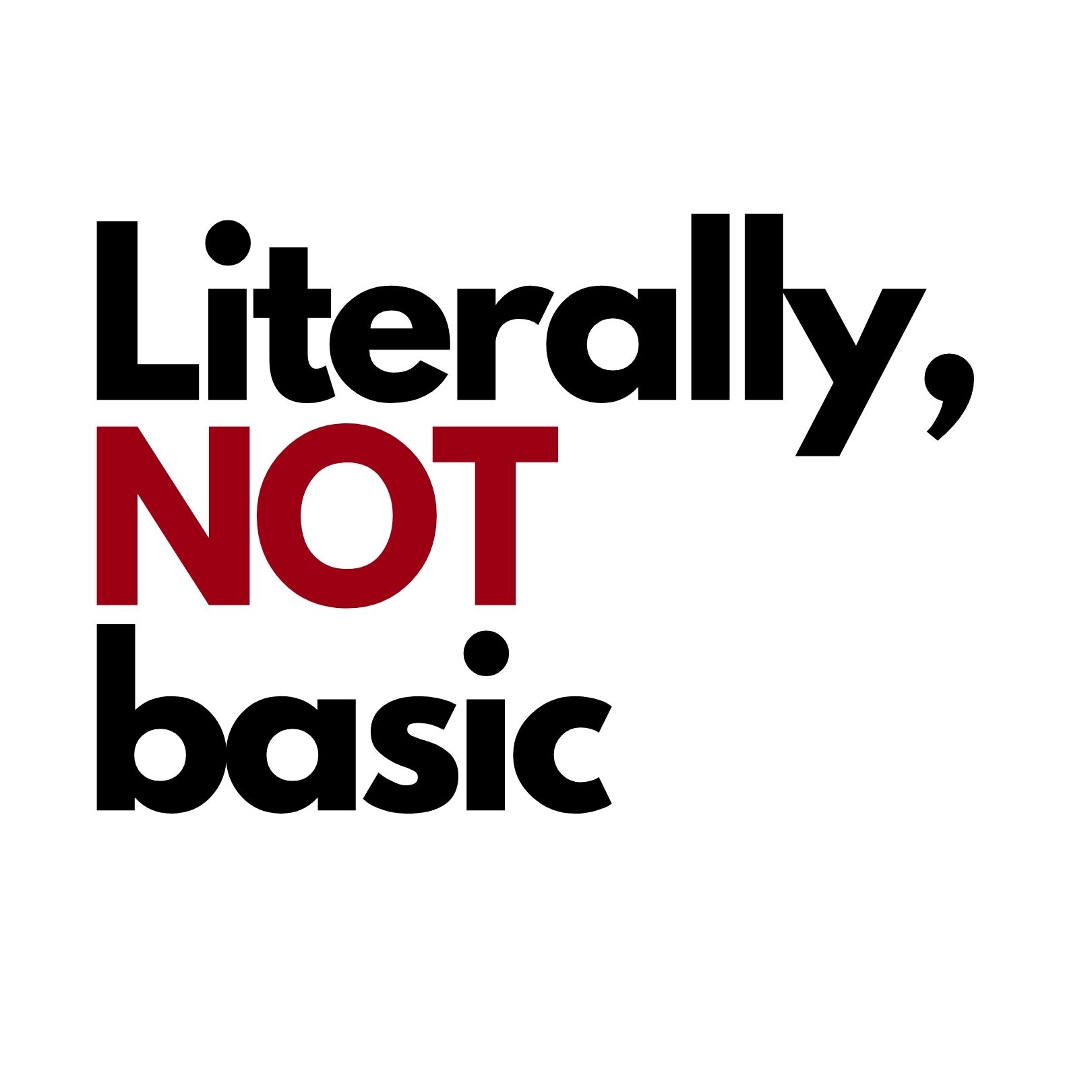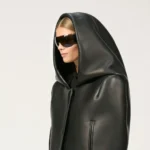NEW YORK, United States — A dedicated group of black stylists, makeup artists, and hairstylists have established a new non-profit organization known as the Black Fashion & Beauty Collective. The primary aim of this collective is to bolster the support for black creatives operating behind the scenes in the fashion and entertainment sectors.
Stylist Jason Bolden, a board member of the collective, described their initiative as akin to forming a “black glam union.” He emphasized the importance of creating a “safe space,” where members can openly share their negative experiences and advocate for equality, particularly when it comes to fair compensation. Bolden is recognized for his impressive red carpet work, famously collaborating with stars like Yara Shahidi and Taraji P. Henson, and for his appearances on the Netflix reality series “Styling Hollywood.”
The Black Fashion & Beauty Collective was co-founded by a distinguished trio: stylist and judge from America’s Next Top Model, Law Roach; stylist and Aliétte designer Jason Rembert; and renowned hairstylist Lacy Redway. Supporting them are an array of talented individuals including stylists and artists such as Rachel Johnson, Wayman Bannerman, Micah McDonald, Kesha McLeod, Apuje Kalu, Jessica Smalls, Ashunta Sheriff-Kendricks, and Nai’vasha.
The formation of this collective comes in the wake of significant events, notably the killing of George Floyd on May 25 and the subsequent global rise of the Black Lives Matter movement. As the fashion industry wrestles with deep-rooted racism, recognizes its debt to black culture, and confronts the ongoing issue of diverse representation in leadership roles, black creatives are increasingly mobilizing to address these challenges.
In response, various black professionals within the industry are initiating action through groups and petitions aimed at promoting change and serving as valuable resources for fashion and beauty corporations. These companies are under mounting pressure to go beyond mere donations or surface-level supportive statements.
Noteworthy designer Aurora James of Brother Vellies is spearheading the “15 Percent Pledge,” encouraging retailers to commit to sourcing from black-owned businesses. Concurrently, another coalition led by Jason Campbell, Henrietta Gallina, and Kibwe Chase-Marshall has signed a petition directed at the Council of Fashion Designers of America, urging them to hold the industry accountable for hiring and promoting black professionals.
Designer Kerby Jean-Raymond of Pyer Moss has also articulated the need for significant action, as he, along with fellow CFDA board members Virgil Abloh, Prabal Gurung, and Dao-Yi Chow, proposed initiatives aimed at curbing the fashion brands’ interactions with law enforcement while advancing black careers.
As differing philosophies and approaches emerge among black professionals regarding how best to instigate change within fashion and beauty, new alliances continue to form. The Black Fashion & Beauty Collective’s mission is to provide vital resources and career advancement opportunities specifically for individuals who work behind the scenes in fashion, hair, and beauty for celebrities and models. While the membership application process is still being finalized, the collective aims to be as inclusive as possible. They will also collaborate with My Block, My Hood, My City—a relief fund based in Chicago that assists black-owned businesses affected during protests.
Bolden underlined the collective’s goal of not just identifying discriminatory practices within the industry, but also actively partnering with brands to foster meaningful change. “We want to own our blackness and send a clear message that we have had enough; this is what the future will look like,” he declared.
Many stylists in the fashion industry operate on a freelance basis, often represented by agencies. They typically secure jobs based on their relationships with other creatives and editors, who serve as gatekeepers in propelling the careers of black creatives and people of color. Even though there has been a noticeable increase in diversity on magazine covers, the reality remains that behind the scenes, black stylists and those of color often face tokenism or exclusion from significant projects. According to Bolden, black stylists and photographers are frequently only engaged for “diversity projects” or to work with black models and celebrities, and they often encounter disrespect and significantly lower pay than their peers.
“White professionals have vastly different experiences compared to us—from compensation to treatment, to their relationships with agents and their accessibility to PR and management firms. The landscape is starkly different,” he remarked.
Kesha McLeod, the treasurer of the collective and stylist for high-profile athletes like James Harden and PJ Tucker, echoed this sentiment, noting that the collective’s support and network of shared resources would bolster her opportunities, even extending beyond traditional fashion avenues.
“Jason works within Hollywood while I focus on sports—never would I have imagined our paths would converge,” she shared, highlighting the interconnectedness of the various industries and the shared corporations and production companies they encounter.






